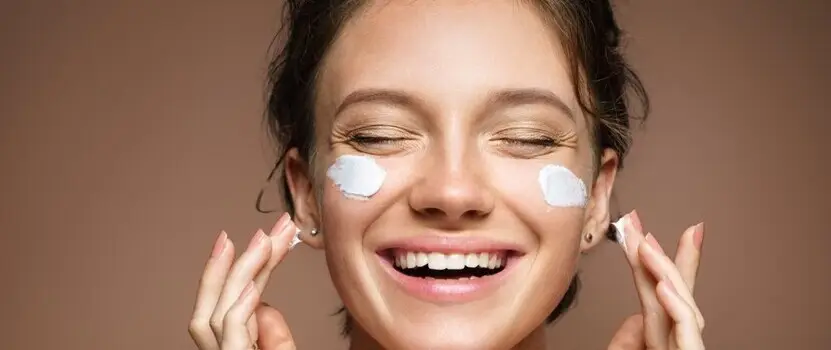Look in the mirror. Do you see areas of your face that are a little darker than others? If you see some darker spots, you may be left with a few questions, such as “Where did they come from?” and “When did they happen?” And probably, “How do I get rid of them?” Innovations Medical can help.
What is Hyperpigmentation?
Those dark spots and patches? They’re called hyperpigmentation. There are different types of hyperpigmentation, including age or “sun” spots, melasma, and a kind of hyperpigmentation that develops as a result of inflammation.
Hyperpigmentation happens when some areas of the skin produce more melanin – the pigment that gives skin its color – than surrounding areas. Hyperpigmentation is a relatively common skin condition and can affect people of all skin types and skin tones.
Where Does Hyperpigmentation Develop?
Hyperpigmentation primarily develops on the face, but it can occur anywhere that sees regular or prolonged sun exposure, including the neck, arms, tops of the ears, and scalp. In most cases, hyperpigmentation is harmless, but in some cases, it can be an indication of a more serious health condition, such as lupus.
Can Hyperpigmentation Be Prevented?
The most effective way to prevent hyperpigmentation is to protect your skin from the sun and other skin-darkening causes, such as pimples and bug bites. Be sure to apply a broad-spectrum sunscreen of 30 SPF or more daily, and appropriate methods to keep other hyperpigmentation causes at bay, such as acne medication and bug spray. After all, an ounce of prevention is worth a pound of cure.
3 Ways to Get Rid of Hyperpigmentation
Hyperpigmentation is harmless, but it can be frustrating to have an uneven skin tone, and some people want to get rid of it to restore a more youthful appearance.
1. Use Topical Creams and Keep Your Skin Moist
Some topical creams target hyperpigmentation by lightening the skin. These products contain ingredients like:
- Retinoids
- Corticosteroids
- Azelaic or kojic acid
- Hydroquinone
- Vitamin C
A good skin lightening cream used to combat hyperpigmentation will contain hyaluronic acid, glycerin, and even retinol. It’s important to keep your skin moisturized and hydrated to promote cell turnover, restore the skin’s lipid barrier, and protect it from the sun. These are inactive ingredients in the lightening creams, but they help it to work better.
2. Be Patient — And Don’t Pick!
Many treatments for hyperpigmentation, such as skin lightening creams, take time to work. It can take weeks and even months to see results. Also, scratching or picking at your skin is tempting, but keep your hands off! Doing so will increase inflammation that can cause skin discoloration.
3. Try Cosmetic Treatments
Some cosmetic procedures can also help lighten the skin and improve the appearance of hyperpigmentation. These cosmetic procedures for hyperpigmentation include:
- Laser Therapy: Fraxel Laser Restore can help to treat areas of hyperpigmentation and trigger the body to produce new skin cells, and improve and even skin tone.
- Chemical Peels: Chemical peels are a great way to help improve skin tone and treat uneven pigmentation. A great peel for uneven pigment, especially melasma, is the VI Peel. Ask us about the VI Peel can help you!
- Microneedling: Microneedling is a cosmetic procedure in which tiny holes are made in the skin. How does that help with pigment problems? These micro wounds induce the body’s healing response – which means new skin cells and a more even appearance.
Contact Innovations Medical for Cosmetic Procedures
If you’re living with hyperpigmentation and are ready for a change, Innovations Medical is here for you. Our skilled professionals help you decide which treatment is best for you – keeping you informed and confident in the next steps. We’ve been helping our patients look and feel their best since 2005, and even our most advanced procedures are often minimally invasive.
To find out if cosmetic treatment is right for you, and to learn how Innovations Medical can improve your life, call us at (214) 643-8665 or schedule a consultation.







